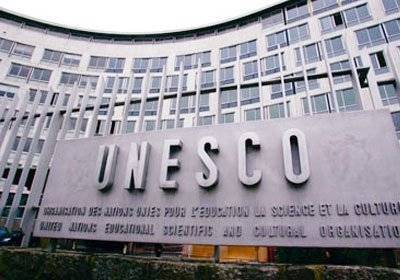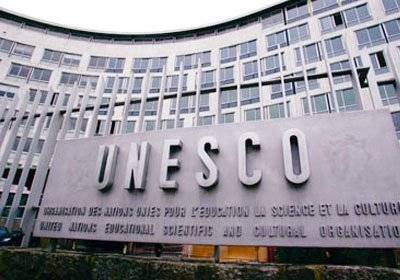Advisor to the Prime Minister Hussein Alawi revealed today, Thursday, the advantages of Iraq joining the Executive Council of the United Nations Educational, Scientific and Cultural Organization (UNESCO). He stated to the Iraqi News Agency (INA) that "Iraq's election to the Executive Council of UNESCO is a diplomatic achievement for Iraq and a notable presence for a country with a civilization that dates back 7,000 years. It is also a national achievement in line with the government's program promised by Prime Minister Mohammed Shia Sudani to develop Iraq's diplomatic presence in the fields of knowledge, science, culture, climate change, freedom of expression, and to invest in the world's oldest experience in artificial intelligence, as well as to develop the education sector, manage water resources, combat scarcity, and counter extremism."
He explained that "Iraq's advanced presence in UNESCO now indicates a significant openness in diplomacy and achieving productive goals that the Iraqi government has pursued since its formation a year ago." He noted the activation of the role of the Ministry of Education following Iraq's official membership in the UNESCO Executive Council after winning the decisive elections during the 42nd UNESCO international conference in Paris, which came after 38 years of waiting.
He added, "There will be a greater role for the Ministry of Higher Education and Scientific Research in modernizing sciences and keeping pace with advancements in the organization’s work to build the capacities of Iraqi universities and enhance scientific research in the country." Regarding the advantages of Iraq's election to the UNESCO Executive Council, Alawi mentioned that "the Executive Council consists of 58 members, and one of the most important benefits of Iraq's membership will reflect on the implementation of major cultural projects, support for vocational training, and programs for qualifying and training workers in the fields of culture, historical heritage, journalism, media, blogging, and technology. Additionally, it will strengthen the ties between Iraq and the world and have a positive impact on the future of Iraqi youth, who make up more than 60 percent of society and need to build bridges with others through the Iraqi government and its ministries, as well as between communities and similar societies."




